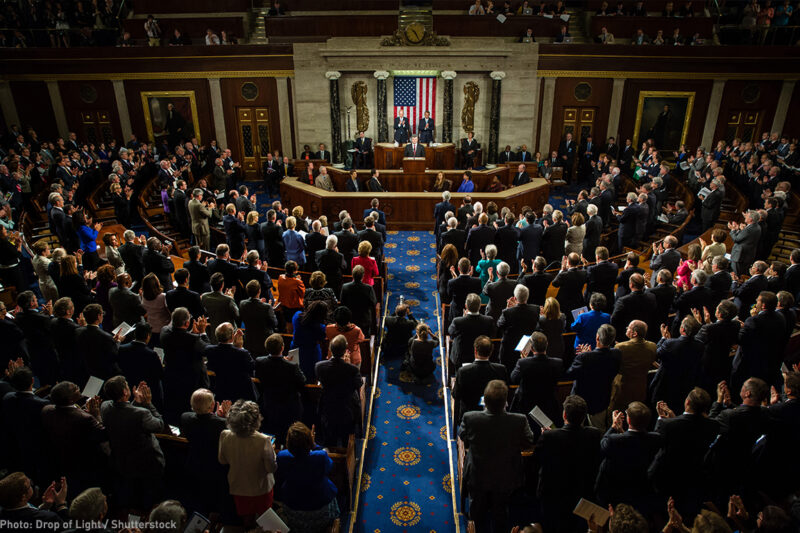Congress and Trump Administration Stomp on an Obama-Era Equal Pay Initiative


Last night, 223 members of the House of Representatives voted against equal pay for our nation’s workers.
If asked, these members of Congress would almost certainly say that men and women should receive equal pay for equal work and that pay discrimination based on gender and race is a scourge that should be eliminated. Yet when the opportunity arose to support an equal pay initiative that is critical in achieving these goals, they voted no.
Believe what they do, not what they say.
The that came to the House floor yesterday for a vote would have preserved federal funding for a new equal pay data collection initiative by the Equal Employment Opportunity Commission (EEOC), the federal agency that enforces our nation’s antidiscrimination laws. This initiative was developed during the Obama administration and updated an existing survey, called the .
The original survey, which has been around for 50 years, requires large employers to provide the EEOC and other federal entities with information about the race, gender, and ethnicity of their workforce by job category. The updated EEO-1 report would have required these employers to also provide information about what they pay their employees.
The EEOC equal pay data collection was developed after years of study and two rounds of public comments, and it would have taken effect in March 2018. It is an essential tool in our fight against pay discrimination because it would have lifted the cloak of secrecy that shrouds pay decisions in this country.
The gender pay gap — a condition where women working full time, year round are paid only 80 percent of the median annual wages paid to white men, and where women of color are paid even less — is a persistent problem in large part because pay discrimination is hard to detect. Workers are reluctant to share information about their pay and often are actively discouraged from doing so. Without hard data, it’s difficult to identify, challenge, and root out discriminatory compensation practices or enforce our equal pay laws.
By giving federal law enforcement agencies a clearer picture of pay practices in the American workforce, the data collection would have offered a starting point for investigating discrimination and discrepancies — thereby strengthening enforcement of pay discrimination laws. But that’s just the beginning. In requiring employers to collect comprehensive pay data, the EEOC wants business owners and managers to take a hard look at their internal operations and address pay differences that might exist between male and female employees doing the same job and, for example, between Black and white employees with the same job descriptions.
Despite these obvious and essential benefits, the equal pay data collection initiative has been relentlessly attacked by some in the business community who claim that it’s too hard and not at all helpful. While women’s rights and civil rights advocates have found their arguments to be wholly self-serving and , members of Congress and senior officials in the were, unfortunately, more easily swayed.
Indeed, in July, House Republicans that cut off federal funding to implement the . In August, the Trump administration halted the data collection altogether. Although the administration ordered an ill-defined “review” of the program and suggested that the EEOC should resubmit a revised data collection , there are deep suspicions about the administration’s true commitment to working with the EEOC to ensure the implementation of a similar initiative.
But advocates in the civil rights and women’s rights communities aren’t giving up. We’re demanding that the Trump administration and the EEOC take action to revive or renew the equal pay data collection. And we’re taking our message of support for the DeLauro-Frankel-Scott amendment in the House to the Senate.
The race and gender pay gaps are real, and they will persist until we make a concerted effort to shed light on how, why, and where the inequities occur and address the compensation practices and decision-making processes that lead to unequal treatment. The EEOC equal pay data collection was a huge step in the right direction, and we must fight for its survival.

